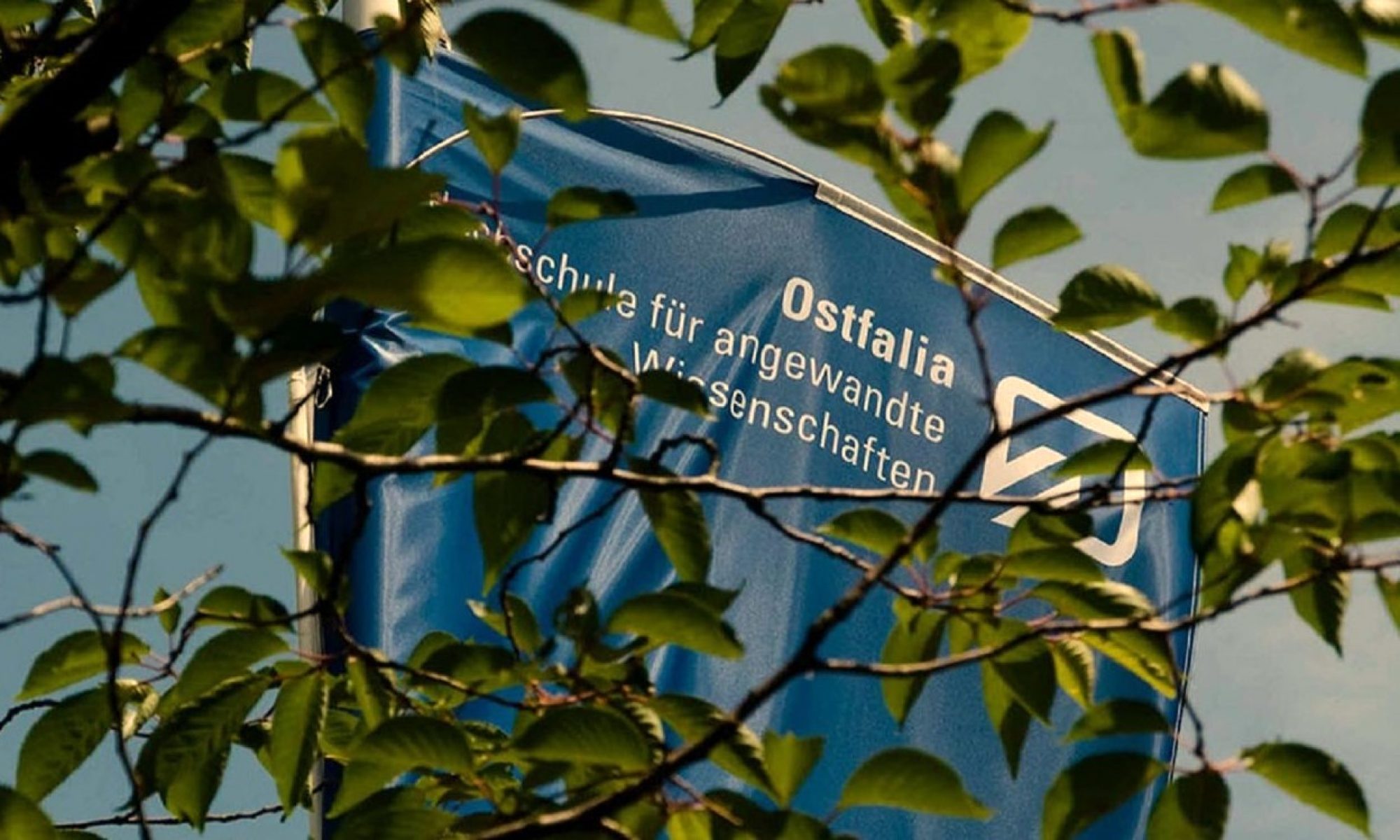Deolinda M. L. Dias Rasteiro (a) & Cristina Caridade (a) & Marián Queiruga-Diosb & Susana GarcíaCardo (b)
dml@isec.pt ; caridade@isec.pt; marian.queiruga@ufv.es; s.garciacardo@ufv.es
(a) ISEC, Polytechnic University of Coimbra, Coimbra, Portugal
(b) Institute of Accompaniment, Universidad Francisco de Vitoria, Pozuelo de Alarcón, Spain
Abstract
Service Learning is a pedagogical methodology that combines academic knowledge with training aiming at the development of active citizenship (Diaz Fernandez, 2021). This approach is implemented through a carefully planned project in which students engage with the real needs of a community, contributing to its improvement. Service Learning is based on civic education, aligned with active learning and integrated with other approaches such as cooperative learning and project-based learning. Recent studies indicate that Service Learning offers considerable benefits to university students, promoting improvements in the quality of learning. Among the main benefits are the strengthening of leadership skills, the encouragement of attitudes of generosity, empathy and solidarity, increased self-esteem, the development of social skills, and the acquisition of significant learning (Narong, 2024). Service Learning is not just an isolated practical experience, but rather a way of integrating academic learning and social engagement, where students participate in activities that help develop essential skills and abilities for their professional future while responding to the needs of the community or society (Resch, 2023). This study aims to analyse how Service Learning can serve as a powerful educational tool, enabling students to develop essential technical and socio-emotional skills by engaging in real-world projects that integrate academic knowledge with professional and community challenges, ultimately promoting their growth as socially responsible and well-prepared citizens.
The projects developed by Mechanical Engineering and Electromechanical Engineering students at the Coimbra Institute of Engineering allowed the application of theoretical knowledge of Statistical Methods in practical situations, which not only improved the understanding of the concepts but also showed how these concepts can be used in real-world situations promoting sustainable solutions. The real data collected sometimes brings unexpected challenges, and students need to adapt, adjust methodologies and correct any flaws in the data or approaches adopted. Can students identify relevant problems and apply statistics to solve them effectively? Are students able to apply appropriate statistical techniques in the context of the proposed projects? Do students develop a broader view of their role as engineers in the social and community context? By reflecting on these questions, it is possible to identify both the challenges and opportunities that arise during the process, as long as the development of students’ potential technical and socioemotional skills. When developing solutions, students can reflect on how their analyses can contribute to more sustainable practices in different areas. At the end of the project, students also had the opportunity to think about what they learned and how to apply their knowledge in the future.
Keywords
Service-learning; active methodology; cooperative learning; project-based learning; competencies; skills
References
Diaz Fernandez, A. (2021) Pandemic Times: Knowledge Management and Technology in service Learning. Rev. Virtual Univ. Catol. Del. Norte, Vol. 63, 1–4. Resch, K., & Schrittesser, I. (2023).
Using the Service-Learning approach to bridge the gap between theory and practice in teacher education. International Journal of Inclusive Education, Vol 27 (No.10), 1118-1132. Narong, D. K., & Hallinger, P. (2024).
The evolution of service learning in engineering education: a bibliometric review of research (1995–2023). European Journal of Engineering Education, 49(5), 834-855.
